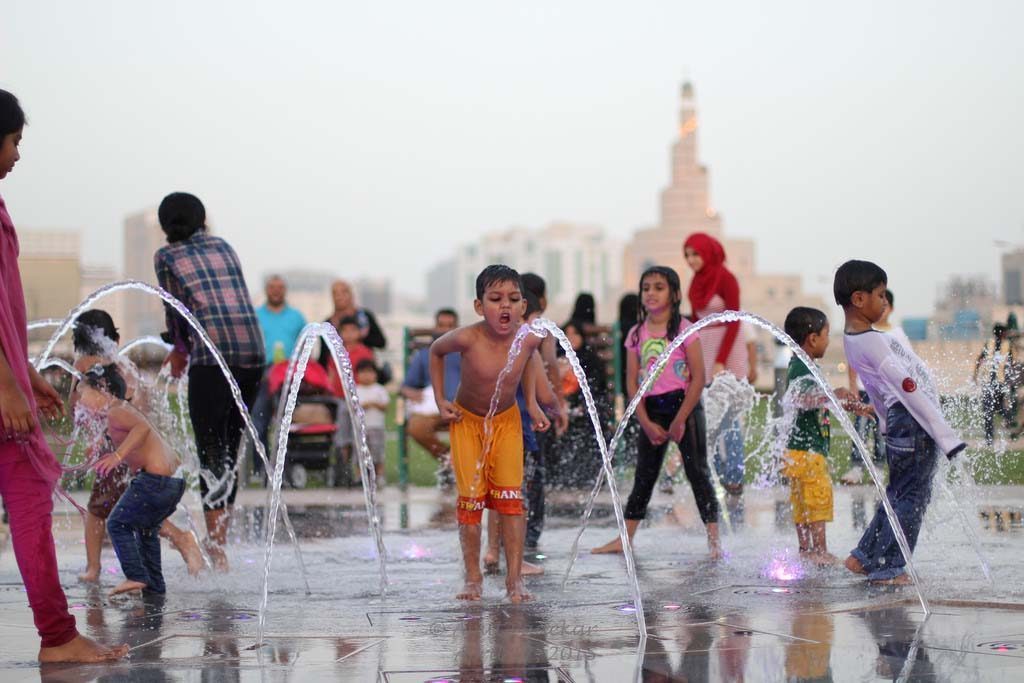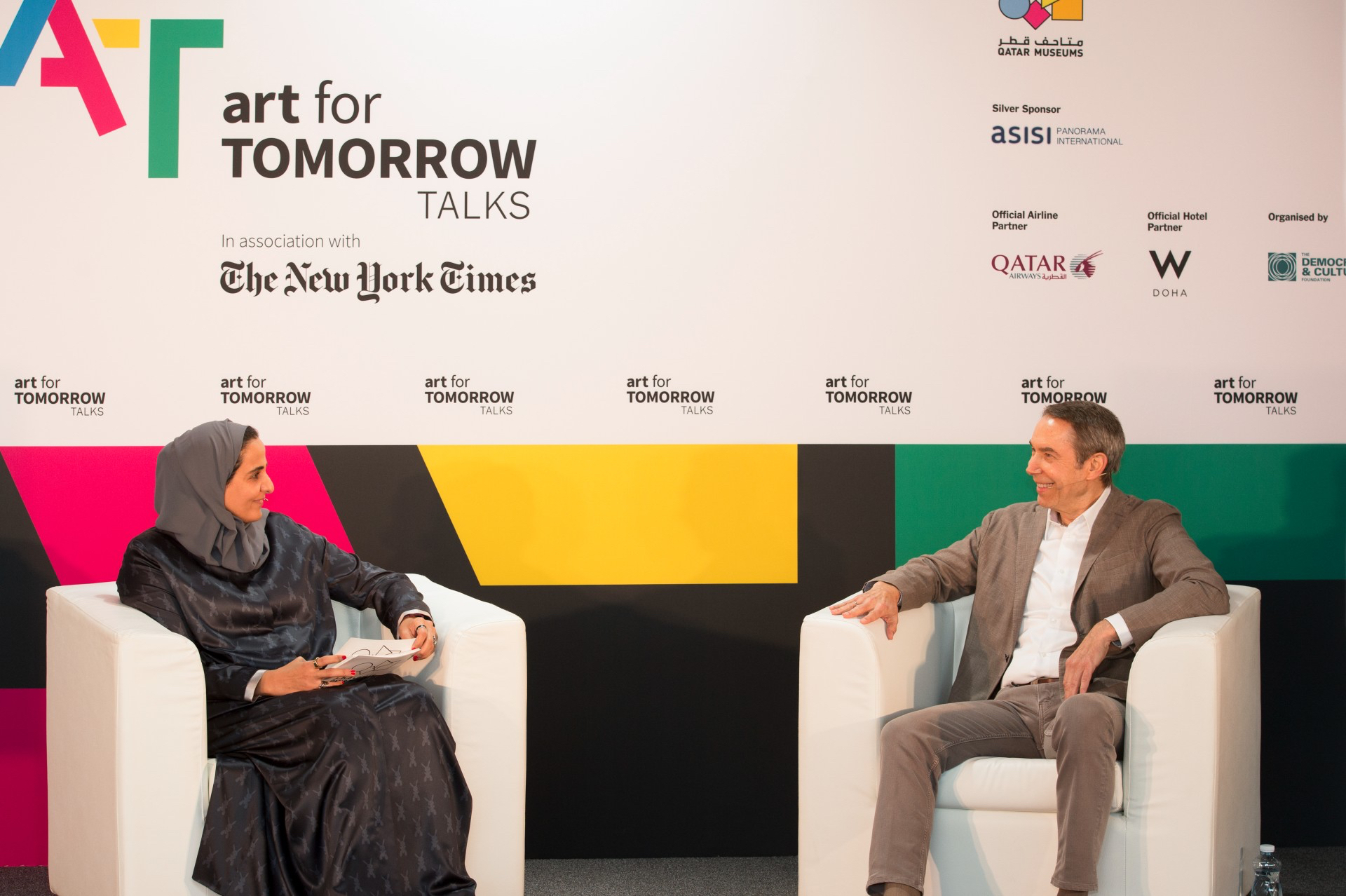
To help cut electricity usage in Qatar homes, the government is working to phase out the sale of conventional domestic air conditioning (AC) units, with only energy-efficient ones being offered in stores by September this year, a senior Ministry of Environment (MOE) official has announced.
In the interim, existing energy-hungry “split” (wall-mounted) and window units will be monitored and replaced with newer, high-performance systems that consume up to 30 percent less power, he said.
The move comes as Qatar also works to ban the import of tungsten (incandescent) light bulbs, in favor of energy-efficient LED bulbs.
Speaking on the sidelines of a recent workshop, Dr. Mohammed bin Saif Al Kuwari, assistant undersecretary for laboratory and specifications at the MOE, said that Qatar would stop importing the widely used old-style bulbs by April, the Peninsula reports.
Officials in Qatar have been talking about phasing out old ACs and lightbulbs for years, but the high cost of energy-efficient models has made implementation difficult.
Still, according to the Qatar National Development Strategy 2011-16, domestic AC units account for two-thirds (67 percent) of total residential power consumption. With just two years to go to fulfill the strategy, finding greener ways of cooling homes has become a priority for authorities.
“They will be replaced by other types of A/Cs which use advanced technology, save energy and give better cooling. They are also environment friendly because they use gas which does not pollute the environment,” Al Kuwari said, while admitting that the new systems would be around 5 percent more expensive than existing models.
Meanwhile, the country also hopes to honor a GCC-wide agreement to improve the safety standards of a range of everyday household electrical appliances, including hair dryers, food mixers, refrigerators and washing machines, by July 2016.
Previous calls
State energy company Kahramaa (Qatar General Electricity & Water Corporation) first announced that Qatar would join numerous other countries in banning the sale and import of incandescent light bulbs in December 2012.

At the time, the plan was to first tackle 100W and 75W bulbs, followed by 60W bulbs and then finally 40W bulbs.
However, no movement was made for nearly a year. Then, in September 2013, the MOE announced that it had introduced new regulations governing the import of electrical appliances, which were supposed to take effect from Jan. 1, 2014.
In a statement issued at the time, Kahramaa said that it would only permit the import of AC units that were “in accordance with Qatari standard approved QS SASO 2663/2013 and the Energy Efficiency Rate (EER) of these air conditioners shall not be less than 8.5 Btu/hour.”
Similarly, it said that 75W and 100W tungsten light bulbs would be banned, but progress on enacting these regulations appeared to have stalled.
New regulations
Al Kuwari announced the latest rules when speaking yesterday at a workshop discussing new GCC-wide regulations on low-voltage electrical appliances. According to the Peninsula, he said:
“Air conditioners will be monitored and the conventional A/Cs which consume high amount of electricity will be replaced by A/Cs that can save up to 30 percent of energy.”
He added that a public awareness campaign would soon by launched by the ministry to encourage more people to be aware of their energy use at home.
Kahramaa already attempts to draw attention to wastage through its Tarsheed campaign, which is tasked with reducing domestic use of energy and water.
The agency’s five-year plan, which launched in April last year, aims to cut electricity usage per person by 9 percent – from 43 KWh/day currently to 39KWh/day by 2018.

Separately, Qatar is part of a GCC initiative to regulate a number of domestic electrical appliances. The GCC Standardization Organization (GSO) ruled in November last year to introduce minimum technical requirements for low-voltage appliances.
Goods such as fans, food mixers, electric heaters, fridges and washing machines will all have to carry a permanent G-mark sticker that shows they meet the necessary standards.
The regulations are expected to be enforced starting in June, and will be mandatory by July 2016. A full list of all appliances governed by the new rules can be found here.
Under the regulations, each country is required to set up its own enforcement body, which can authorize recalls for appliances which don’t comply. Under Article 36, sanctions against companies found to repeatedly break the rules include criminal proceedings.
Thoughts?







